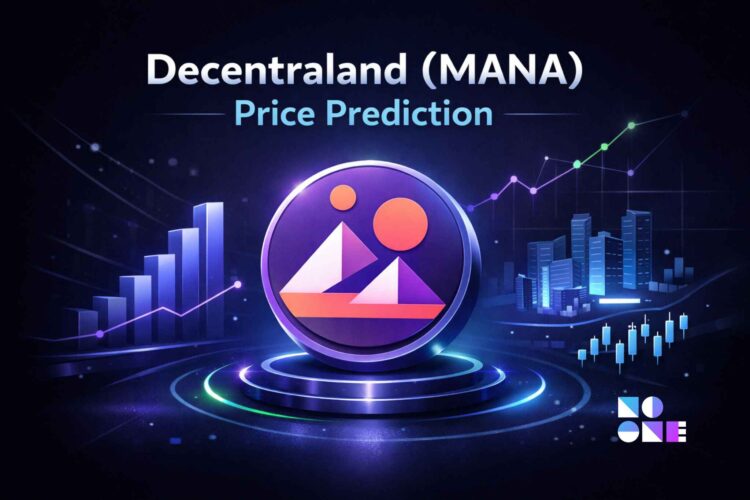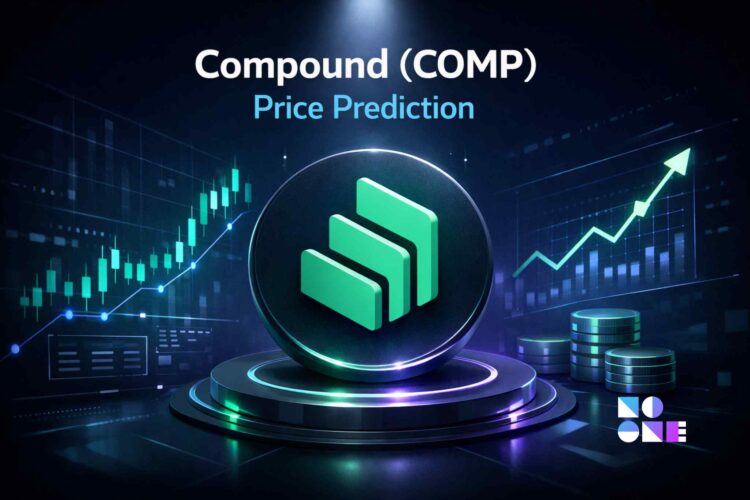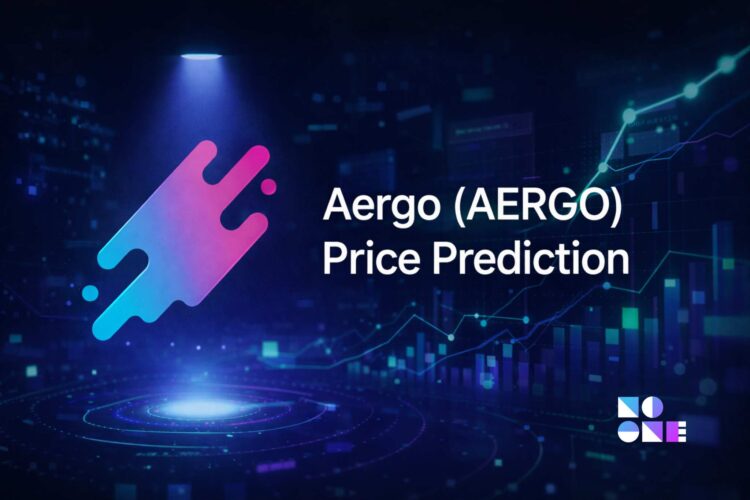Terra Classic (LUNC) — Price Predictions (2025–2040)
Disclaimer: This text is for informational/educational purposes only and is not financial advice. Cryptocurrency markets are highly volatile and all price forecasts are speculative.
Introduction
Terra Classic (LUNC) is the original token of the pre-collapse Terra chain. After the UST peg failure in May 2022 the project split into two chains: Terra 2.0 (LUNA) and Terra Classic (LUNC). LUNC today is a community-driven chain focused on recovery via burns, governance, ecosystem rebuilding and attracting developers. This note summarises the source text, with headings, subheadings and tables for clarity.
Start your journey with Terra Classic (LUNC) using Noone Wallet — a safe, multi-chain, non-custodial wallet built for full asset control.
What is Terra Classic (LUNC)?
Terra Classic is the original Terra blockchain maintained by its community. Key focuses:
- Token burns — reduce supply caused by the 2022 collapse.
- Validator-driven governance — community proposals and voting.
- Revival plans — upgrades, utility additions, attract new developers.
- Use cases — community dApps and small ecosystem projects (still limited).
Price outlook — narrative summary
The source describes a range of scenarios depending on community activity, burn progress, on-chain development and market cycles:
- 2025: If burns and development continue, gradual recovery is possible (text did not specify an exact target price for 2025).
- 2027 (consolidation phase): Markets may stabilise after larger cycles; price moves expected to be gradual. (no explicit figure provided).
- 2030: If Terra Classic secures active applications and supply is materially reduced, the token could see strong appreciation (the original text mentions a high expected ROI but the specific 2030 price is missing).
- Mid-long term (optimistic scenarios): The source gives two explicit optimistic targets:
- $0.00041 — (described as a potential appreciation if supply reduction and new projects succeed).
- $0.00072 — (a highly optimistic 2040 target in the source).
Important: Parts of the original text were garbled or lacked explicit numbers. Where the original did not give a clear numeric forecast for a given year, I leave the field marked as not specified below.
Price prediction — compact table
Year | Predicted price (USD) | Notes / ROI (if bought at $0.00003162) |
|---|---|---|
2025 | not specified | Source describes gradual recovery if burns & dev continue. |
2027 | not specified | Source expects post-cycle consolidation / slower moves. |
2030 | not specified | Source expects possible strong appreciation with apps & supply cuts. |
2035 | $0.00041 | Source: optimistic scenario if burn + projects succeed. |
2040 | $0.00072 | Source: highly optimistic long-term scenario. |
(ROI column omitted for rows marked “not specified” — ROI for $0.00041 = (0.00041−0.00003162)/0.00003162 ≈ +1197%; ROI for $0.00072 ≈ +2,177%.)
Historical price (selected key dates)
Date | Price (USD) | Key factor / event |
|---|---|---|
May 2022 | ~$100 → $0.0001 | UST collapse and hyperinflation of LUNA/LUNC (catastrophic event). |
Sep 2022 | $0.00032 | Community burns initiated — short lived uplift. |
Jan 2023 | $0.00015 | Market correction, low liquidity. |
Jul 2023 | $0.00009 | Volatility around validator/governance changes. |
Mar 2024 | $0.00012 | Ecosystem modernization / new proposals. |
Dec 2024 | $0.00005 | Cooling markets, slower development. |
Oct 28, 2025 | $0.00003162 | Source: stabilization phase with active governance. |
Note: The May 2022 line in the source attempted to show the collapse from very high nominal valuations to near-zero — the table above keeps the point: LUNC underwent extreme devaluation during the UST collapse.

Analysis (concise)
- Primary drivers: token burn progress, governance proposals, developer activity, exchange listings/liquidity, and overall crypto market sentiment.
- Risk profile: highly speculative — success depends on community execution, meaningful supply reduction and real dApp activity.
- Realistic expectations: reaching multi-thousand-times gains would require unprecedented supply reduction and broad re-adoption; more modest recoveries are more plausible if community progress continues.
FAQ (cleaned)
Q — Is Terra Classic (LUNC) a good investment?
A — LUNC is a highly speculative asset. Potential upside exists if community governance, burns and development succeed, but investors must expect large volatility and high risk.
Q — Can LUNC ever reach $0.01?
A — That would require supply reductions of many orders of magnitude plus massive ecosystem growth — the source regards that outcome as very unlikely.
Q — What most affects LUNC price?
A — Token burn progress, governance proposals, on-chain development, market sentiment, and exchange liquidity.
Q — Does Terra Classic still have utility?
A — Yes — the community still supports dApps and small projects, but the ecosystem is much smaller than pre-collapse and remains recovery-focused.
Q — What might LUNC be worth in 10 years?
A — Under optimistic recovery + supply reduction scenarios the source suggests ranges around $0.0003 (order-of-magnitude) or higher — exact outcomes depend on many variables.
Conclusion
Terra Classic (LUNC) is a community-led attempt at revival after one of crypto’s biggest crises. The outlook ranges from continued low-priced, speculative status to a materially higher but still very modest per-token value if burns and meaningful projects arrive. All forecasts are highly uncertain — monitor burn proposals, governance outcomes, exchange support and real ecosystem adoption as the core signals.
Manage Terra Classic (LUNC) confidently using Noone Wallet, designed to give you complete ownership and seamless multi-asset operations.



